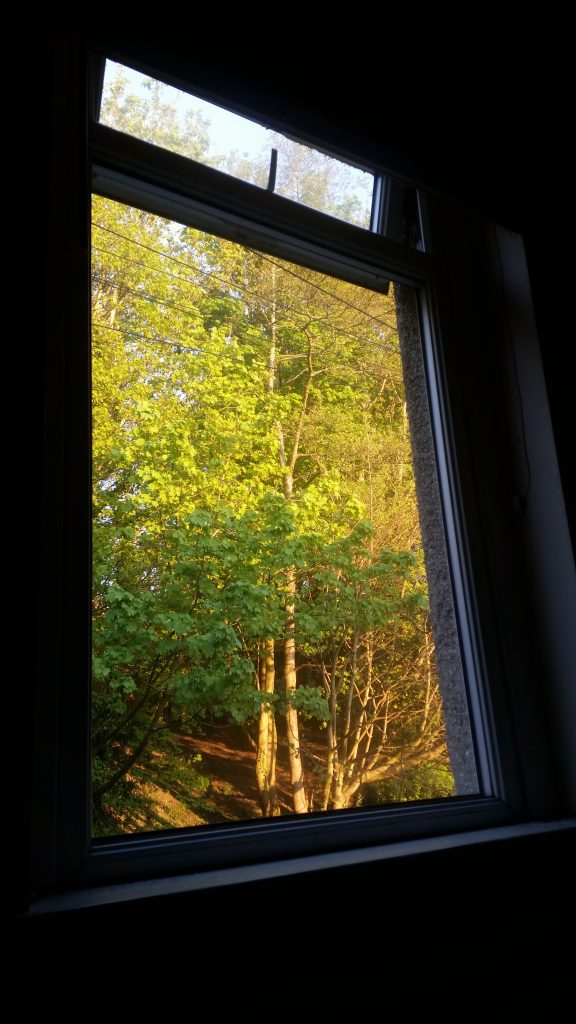I started my wiki with pretty long pages, lots of thoughts bunched together. I didn’t think that much about structure, as I just wanted somewhere to chuck my ideas, and it worked great. After building up it up for about a month or so, though, I started feeling the need for something that makes it easier to link concepts together.
That tends to then lead you to towards things like zettelkasten and the philosophy of tiddlers. Breaking everything up into small chunks that can be linked together (‘collecting the dots‘).
I like the way that TiddlyWiki and FedWiki do it. Roam seems to be the latest hot new thing along those lines. And I found org-roam has helped with this for my own setup.
There is much to be said for the zettelkasten / tiddler approach. But – also I think the long player is vital too. The occassional connecting of the dots into longer-forms (AKA articles). It’s a type of path or a thread of your ideas, made sense of and hand-curated at a point in time by yourself, to share with others. Sitting somewhere between the garden and the stream? It’s kind of an entry point into your garden that your share into the stream.
Lately, I’ve been hitting a rich seam of classic articles out there, 5 years old or more, that would have been lost in time if just in a stream, and replanted or paved over by now if just part of the garden.
(And, side note, some of my wiki pages are still pretty long.)

